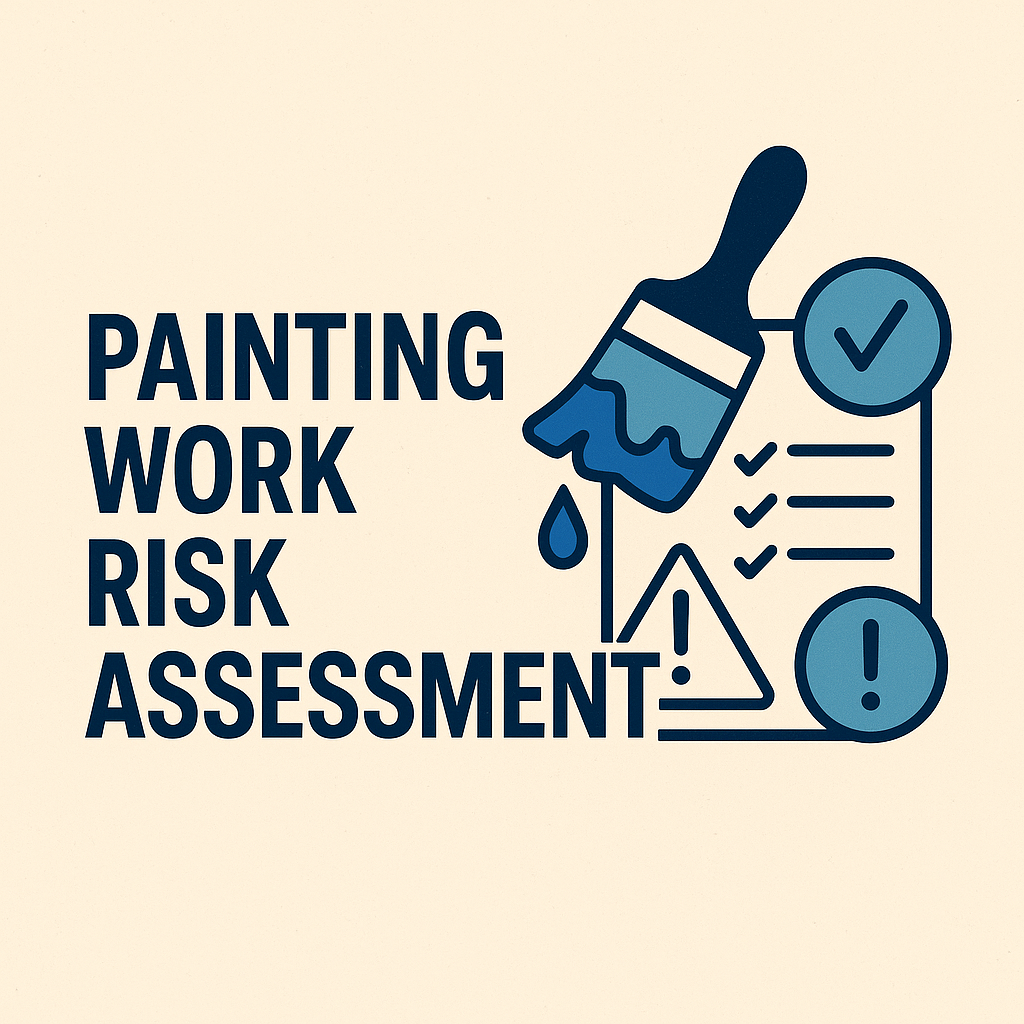
Top 7 Interview Questions and Answers for Safety Officer (PASS GUARANTEED!)
Introduction: The Role of a Safety Officer
Safety officers play a pivotal role in ensuring workplace safety and compliance with regulations. Their expertise is critical in maintaining a secure environment, preventing incidents, and mitigating risks.
Question 1: Experience and Qualifications
Employers often inquire about a safety officer’s background. Highlight your relevant experience and certifications. Emphasize your understanding of safety protocols and your commitment to ongoing learning.
Sample Answer: "Over the past seven years, I've dedicated myself to enhancing workplace safety. I hold a Bachelor's degree in Occupational Health and Safety and am certified in OSHA 30-hour General Industry and NEBOSH. My experience spans various industries, including manufacturing and construction, where I've implemented robust safety protocols resulting in a 30% decrease in incidents."Question 2: Understanding of Safety Regulations
Demonstrate your knowledge of industry-specific regulations and how you’ve implemented them in previous roles. Discuss instances where compliance was ensured and the impact it had on safety.
Sample Answer: "I possess a deep understanding of safety regulations, regularly staying abreast of updates. In my previous role, I ensured compliance with OSHA standards, conducting regular audits and training sessions. This adherence not only maintained safety but also led to recognition from regulatory bodies for our exemplary compliance record."Question 3: Incident Response and Prevention
Describe how you’ve handled incidents in the past. Focus on your approach to investigation, corrective actions, and strategies for preventing similar occurrences in the future.
Sample Answer: "I've encountered various incidents, each an opportunity for improvement. For instance, during a chemical spill, I swiftly coordinated the evacuation and containment, reducing potential harm. Post-incident, I conducted a thorough investigation, implemented corrective measures, and organized training sessions on spill response, reducing future risks by 40%."Question 4: Risk Assessment Abilities
Detail your process for identifying hazards and assessing risks. Discuss tools or methodologies you’ve utilized and how these assessments contributed to improved safety measures.
Sample Answer: "My approach involves a meticulous risk assessment process. Using tools like HAZOP and FMEA, I identify potential hazards and assess risks systematically. In a recent project, these assessments led to the redesign of processes, significantly decreasing risks associated with equipment malfunctions."Question 5: Communication Skills in Safety Management
Effective communication is crucial. Explain how you communicate safety procedures to diverse teams, ensuring comprehension and adherence.
Sample Answer: "Effective communication is at the core of safety. I simplify complex safety procedures to ensure understanding across all levels of the workforce. Using workshops and visual aids, I've successfully communicated safety protocols, resulting in a 25% reduction in non-compliance instances."Question 6: Emergency Procedures and Protocols
Demonstrate your familiarity with emergency protocols. Provide examples of situations where you’ve successfully executed emergency plans, emphasizing quick and effective responses.
Sample Answer: "Emergency preparedness is paramount. During a fire incident, my prompt response and well-drilled protocols minimized panic and injuries. Regular drills and simulations ensured a seamless execution of our emergency procedures, earning commendation from local emergency services."Question 7: Continuous Improvement and Adaptability
Highlight your commitment to ongoing improvement. Discuss instances where you’ve implemented new safety measures or adapted to changes in regulations.
Sample Answer: "I believe in continuous improvement. When regulations evolved, I spearheaded a team to update our safety manuals and training modules. This adaptability ensured that our safety measures remained current and aligned with the latest standards."Conclusion: Summary of Essential Tips for Safety Officer Interviews
To ace safety officer interviews, showcase your expertise, experiences, and commitment to safety. Tailor your responses to demonstrate your value as a proactive and adaptable professional.
Self Introduction for Job Interviews!
Refinery Safety Interview Questions and Answers
Industrial Safety Interview Questions and Answers
Plant Safety Questions and Answers
How to Answer “Tell Me About Yourself” Job Interview Question?
FAQs about Safety Officer Interviews
- Q: How important is experience for a safety officer role? A: Experience demonstrates practical knowledge and enhances credibility. It’s vital for understanding complex safety challenges.
- Q: What certifications are valuable for a safety officer? A: Certifications such as OSHA, NEBOSH, or relevant industry-specific qualifications are highly regarded.
- Q: How can I prepare for situational questions in a safety officer interview? A: Review past experiences, apply problem-solving techniques, and showcase your ability to handle real-time safety scenarios.
- Q: What’s the significance of adaptability in safety roles? A: Safety protocols evolve, and being adaptable ensures professionals can implement new measures effectively.
- Q: How do I demonstrate my commitment to ongoing learning in safety management? A: Mention continuous education, attending seminars, or being updated with the latest safety advancements.
























